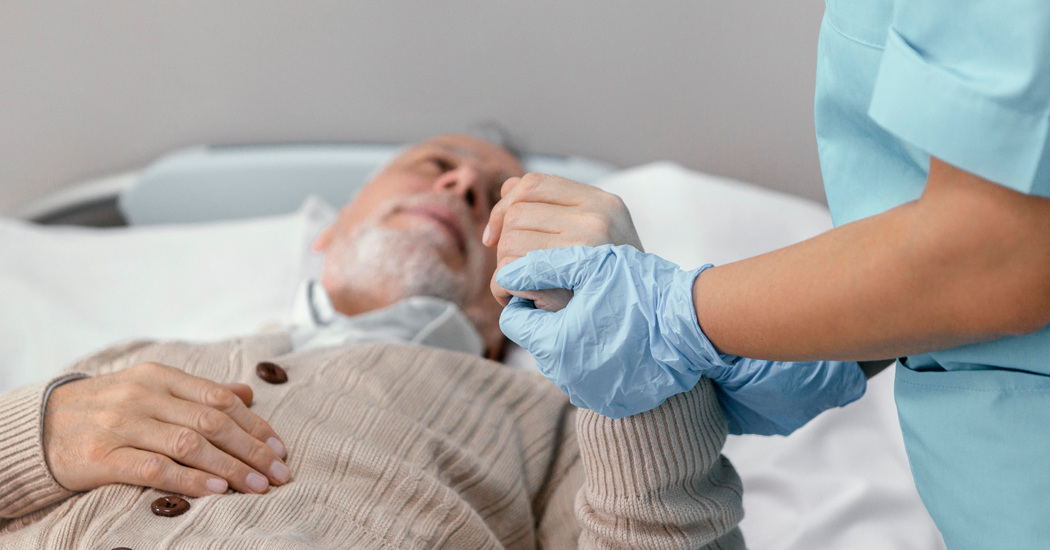
What is Pressure Sores (Bedsores) in the Elderly ?
Pressure sores, also known as bedsores or pressure ulcers, are injuries to the skin and underlying tissue caused by prolonged pressure, often over bony areas such as the heels, sacrum, hips, or elbows. They are a common concern in elderly individuals with limited mobility or chronic illness.